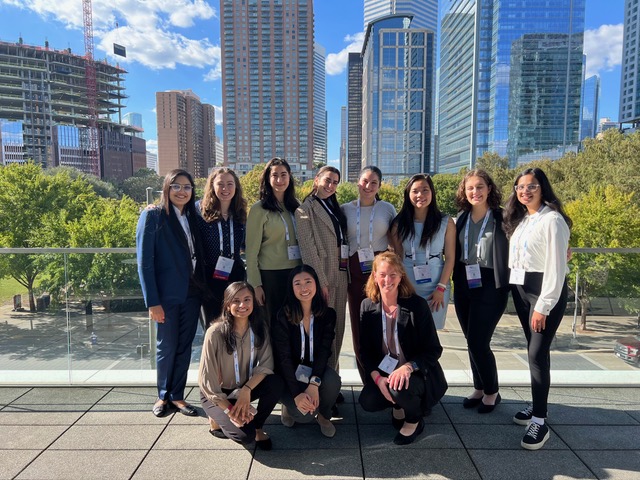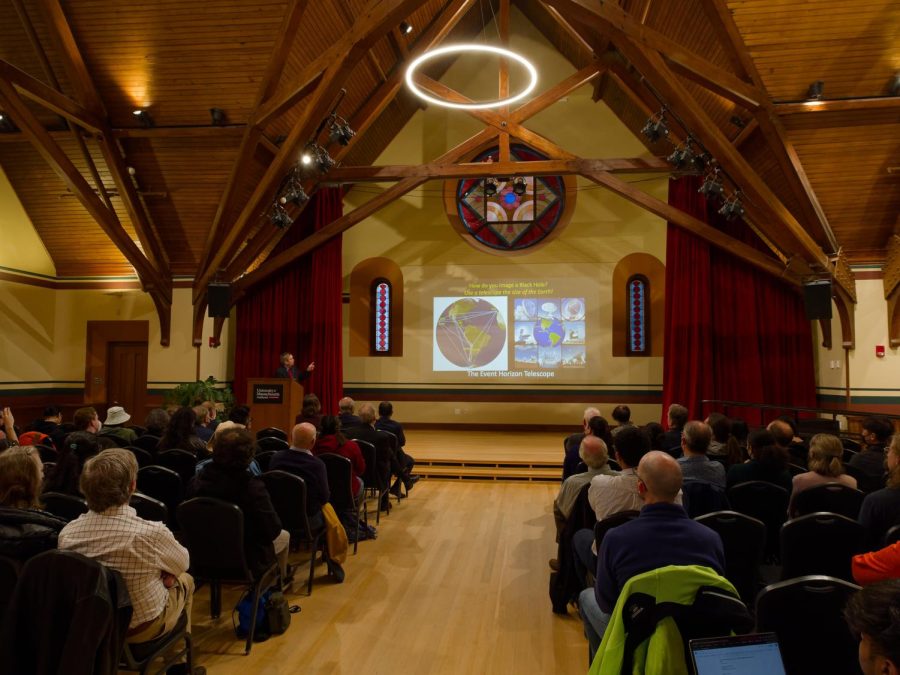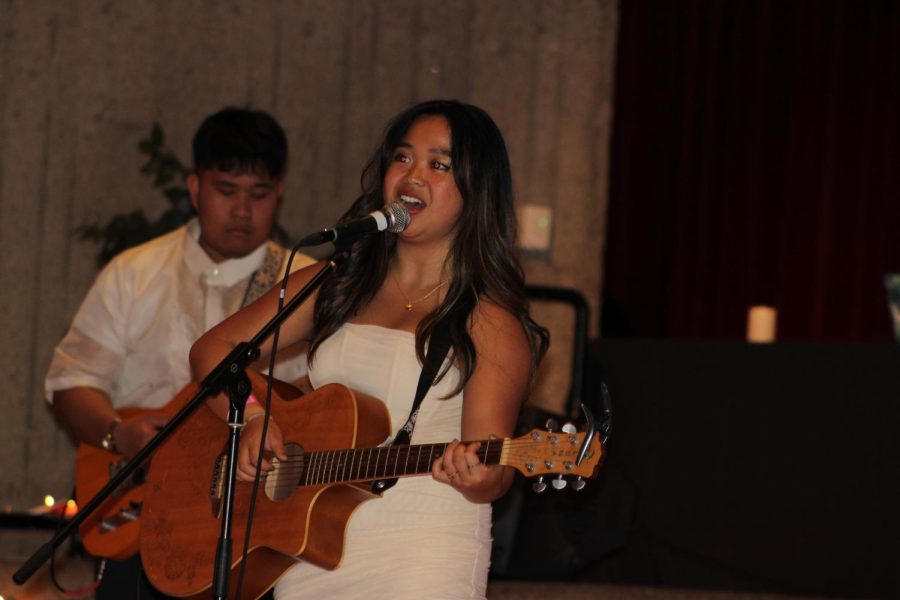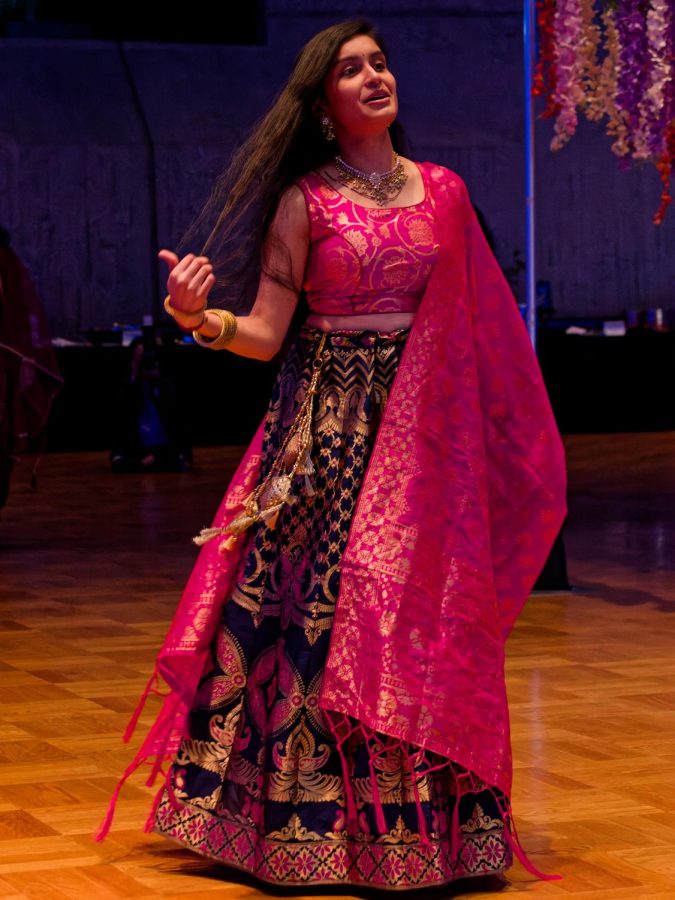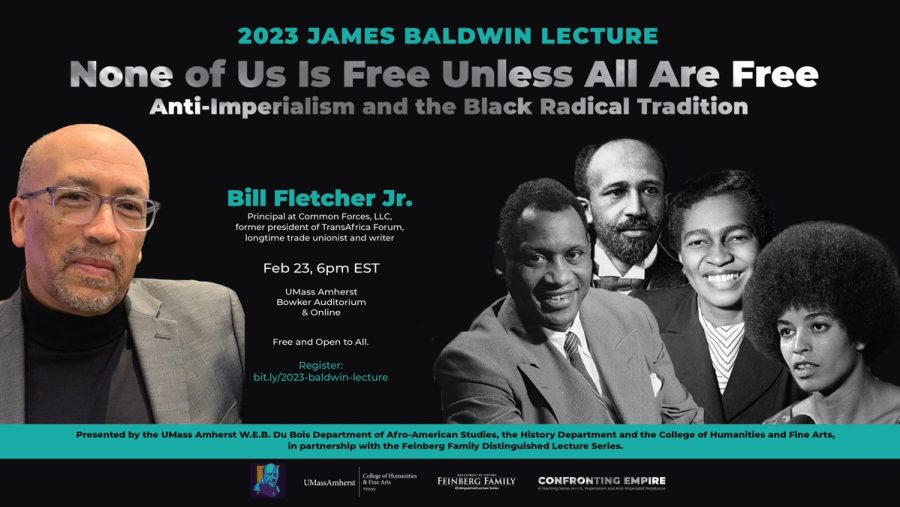A Harvard professor of English and American literature stood before a crowd at Amherst College Thursday to justify the abolishment of nuclear weapons.
Elaine Scarry, author of “Thermonuclear Monarchy: Choosing Between Democracy and Doom,” argued that nuclear bombs are a violation of the social and constitutional rights of Americans. Her lecture was given in preparation for the 2015 United Nations Review Conference on April 27 in New York City, when international leaders will discuss drafting a timetable to ban and eliminate nuclear weapons.
The meeting also intends to persuade the four ‘rogue states,’ including India, Israel, North Korea and Pakistan, to join other nations in disarming their nuclear weapons and weapons technology. This year marks 70 years since the atomic bombs were dropped on Hiroshima and Nagasaki in Japan to end World War II, an event that Scarry said is overlooked as an obvious example of nuclear tragedy.
Scarry displayed statistical figures demonstrating the immense disproportionality of American and Russian nuclear defense. Of the 16,400 nuclear armaments worldwide, 15,300 belong to America and Russia, and 1/100th of America’s arsenal would be enough to kill 1 billion people within the first month. She contended that public health leaders require such statistical compassion in order to create any sort of open dialogue on nuclear abolition.
Scarry projected slides displaying the geographical impacts of a nuclear bomb on cities such as Rotterdam and Moscow, and used graphs to discuss how long it would take to disarm nuclear arsenals. For example, it would only take four years in England. She also showed Magdalena Egue’s drawing, “Rendering of Floor of the World,” which depicts how fear is the “trap door” located at the foundation of nuclear crisis.
Another example of the thickening dialogue is in Vincent Intundi’s “African Americans Against the Bomb,” which Scarry passed around the room. Scarry explained that African Americans have broad civil rights empathy toward nuclear non-proliferation because of the potentially racist nature of the use of nuclear weapons.
Scarry said modern media hasn’t revealed enough historical facts to prompt an effective revolt by the American people. In 1995, 78 countries pleaded to make nuclear weapons illegal. However, America answered that these weapons do not violate the philosophy of the United Nations, United States hegemony, the Vienna Convention or the Constitution.
She told the audience that although America has not used their nuclear arsenal since Hiroshima and Nagasaki, there have been at least 10 under-discussed instances when America was on the verge of releasing them. Dwight Eisenhower considered using them against Berlin, Richard Nixon sent them toward Vietnam over Russian territory and in the early 1990s, America blackmailed Iraq by surrounding their territory with them.
“Nuclear weapons are comparable to the half-crazy idea that artificial intelligence could retaliate against us because they’ve become able to eliminate us but we cannot eliminate them,” Scarry explained.
The Congressional declaration of war in the U.S. Constitution states that America doesn’t need consent or dissent to use its weapons. Scarry described how the right to bear arms is distributed equally among each of us but does not capture the entire scale of freedom. She said that everyone has the power to dissent as soldiers have in the past. In 1971, 33,000 American soldiers deserted Vietnam under their own will.
“In summary, nuclear proliferation eliminates mutual aid, aims to massacre millions and establishes an architecture of non-governance,” Scarry said. “Each of us can contribute to the defense of our country and individual rights.”
Rachel Ravelli can be reached at [email protected].
[liveblog]





